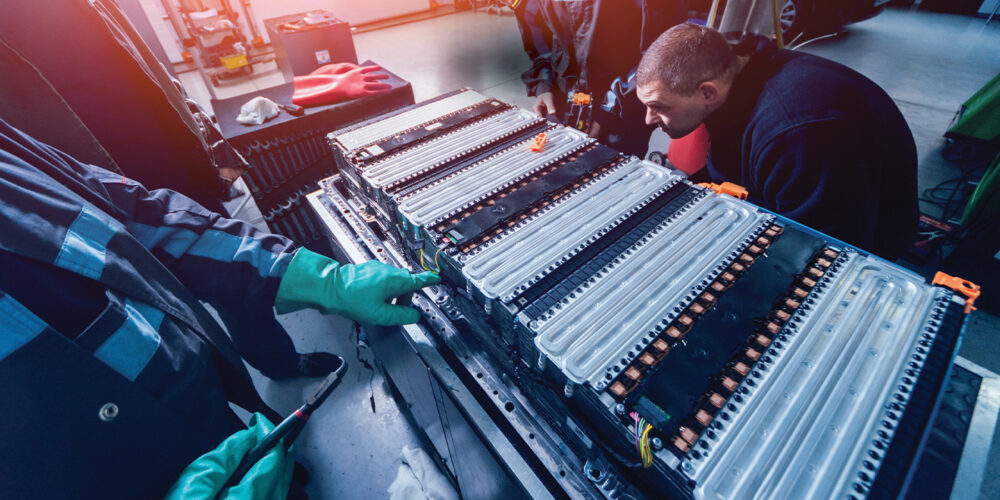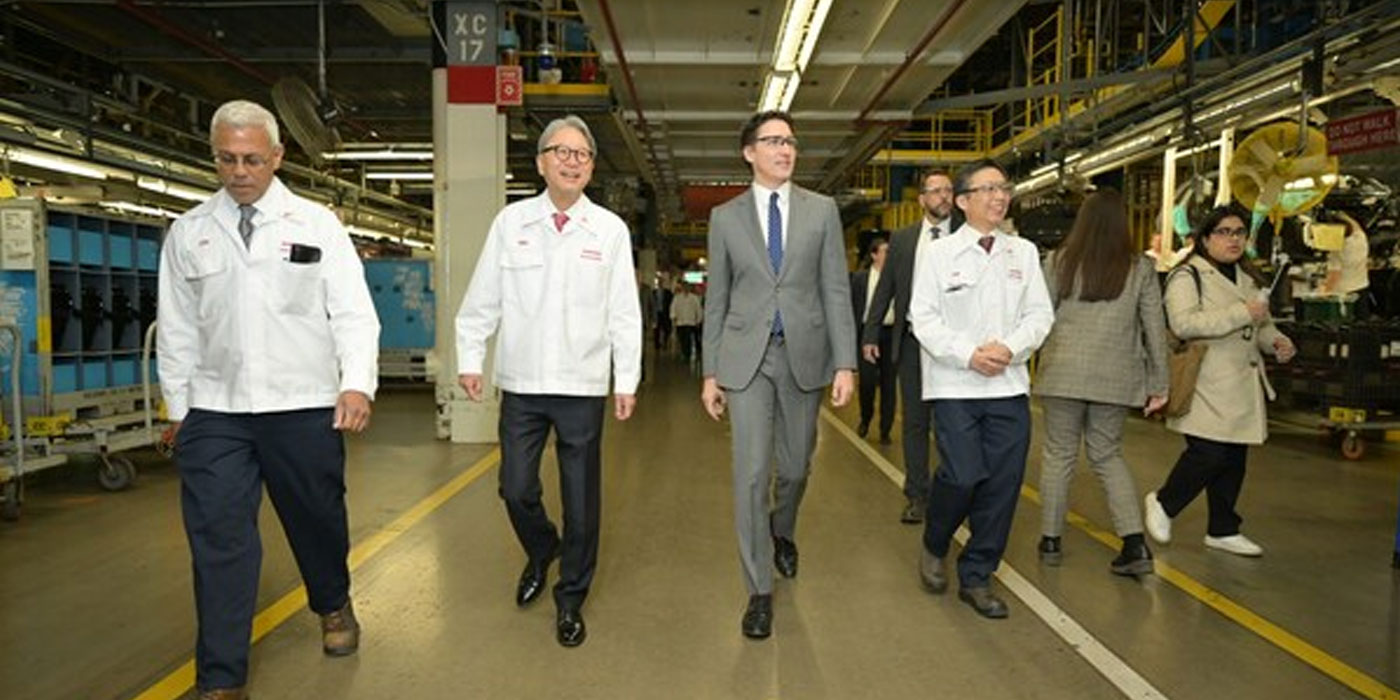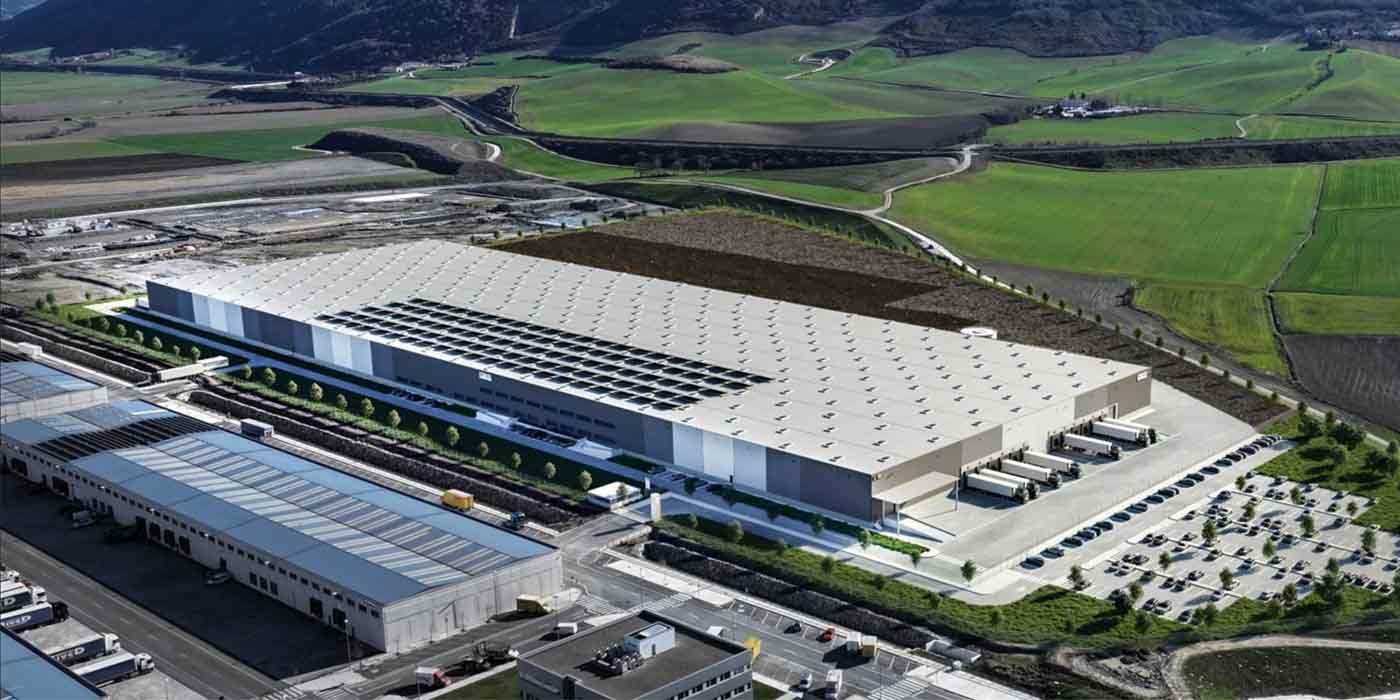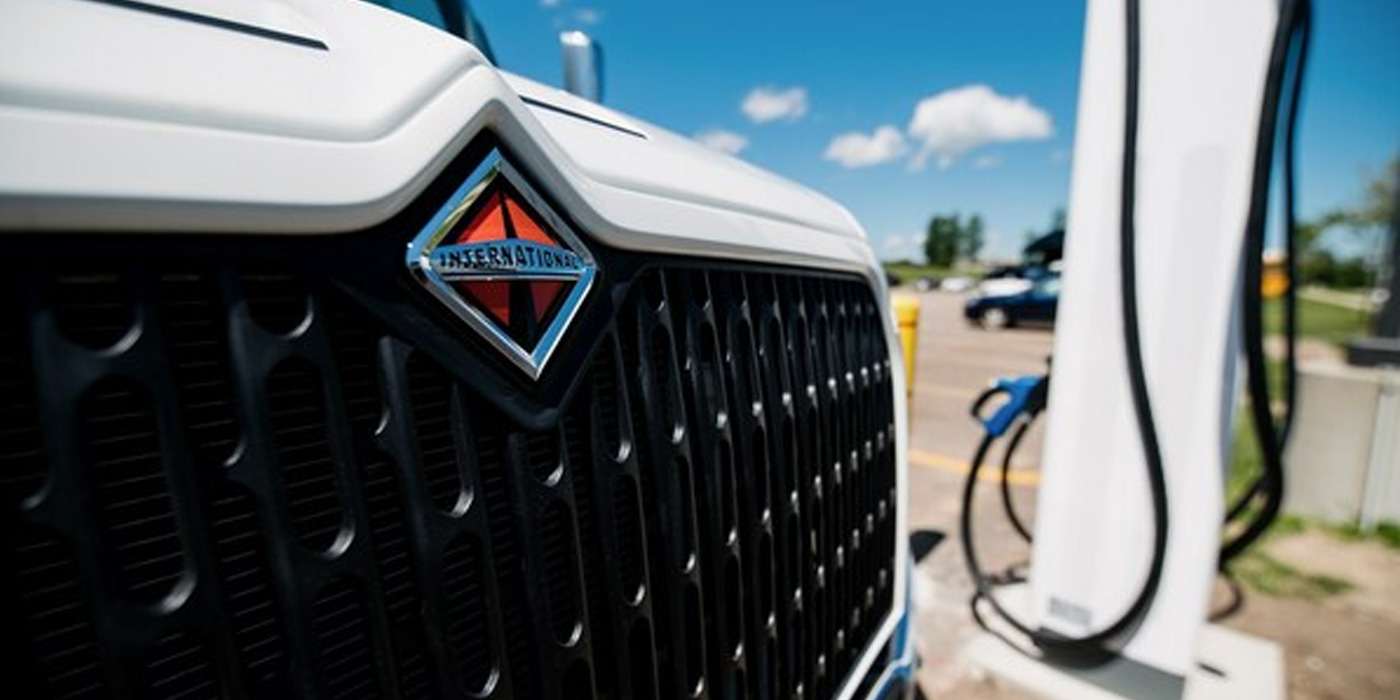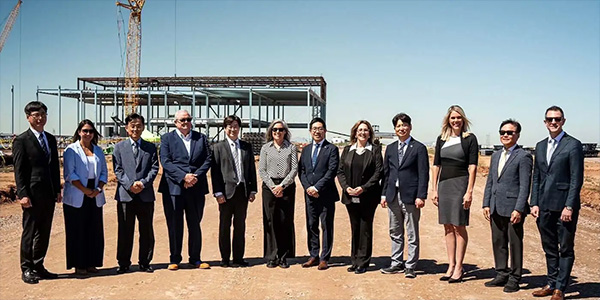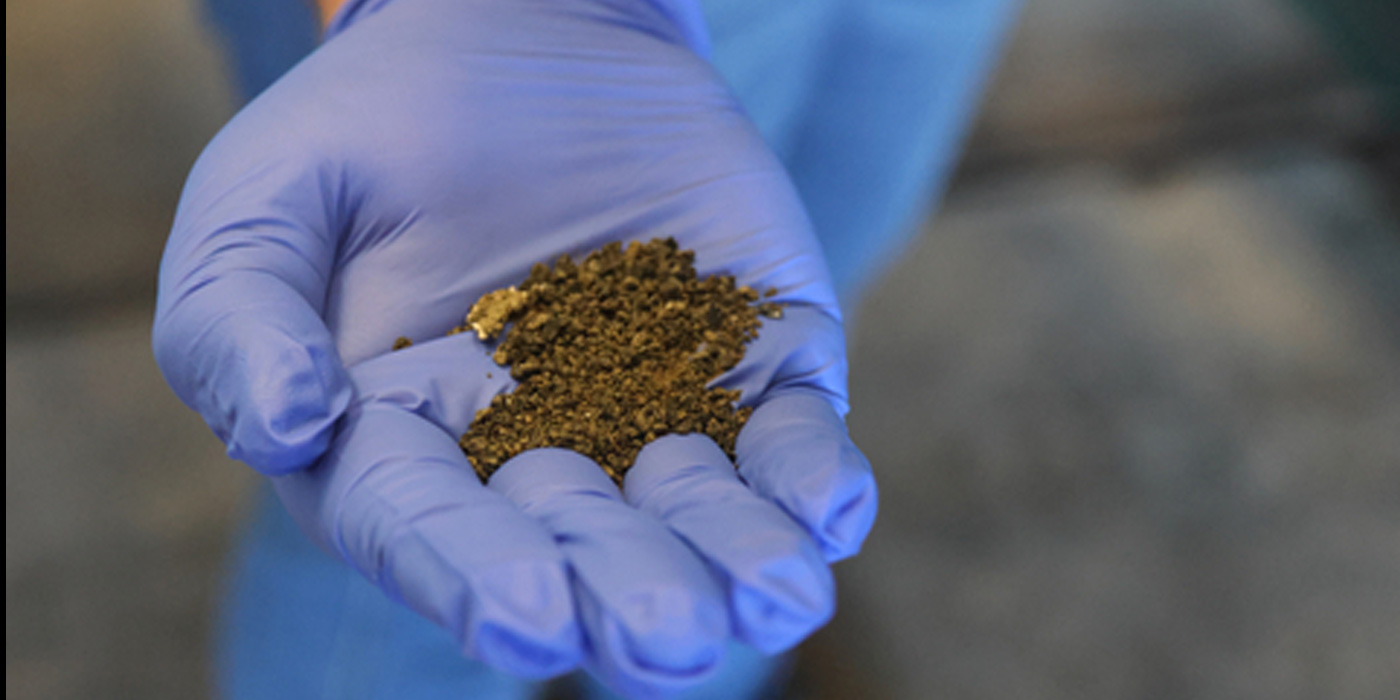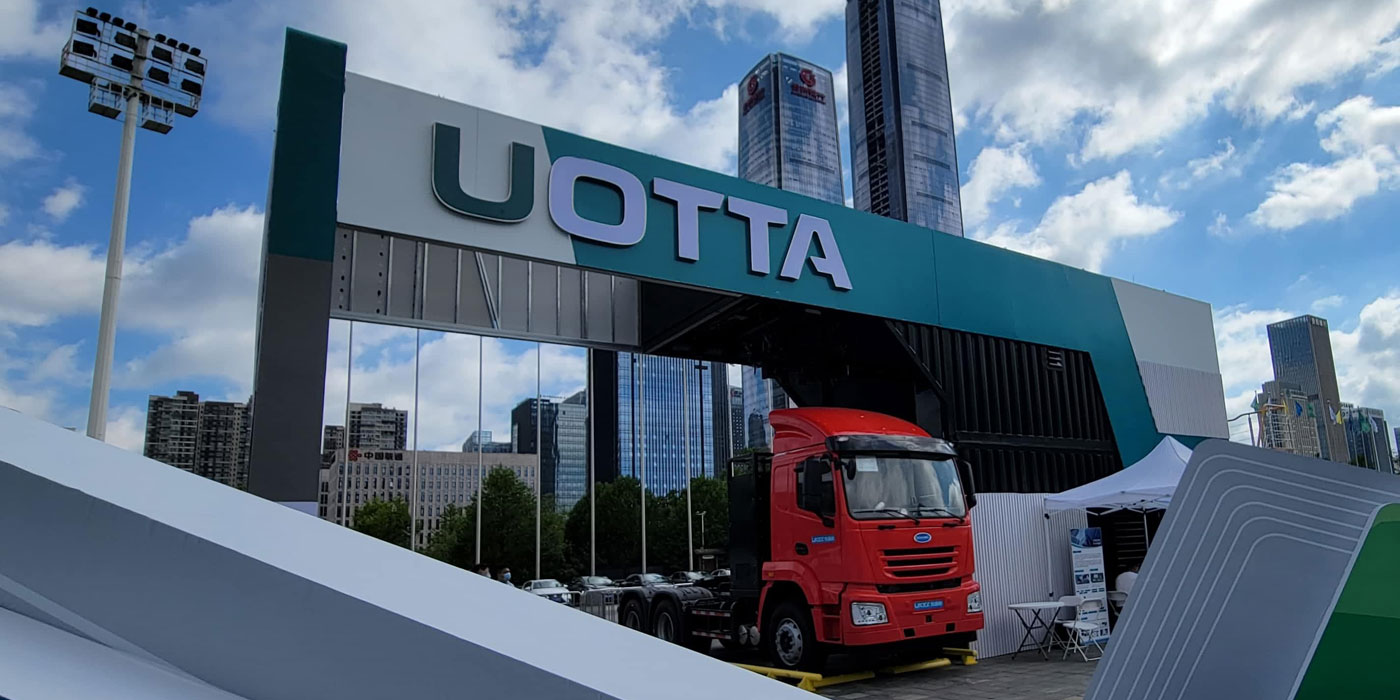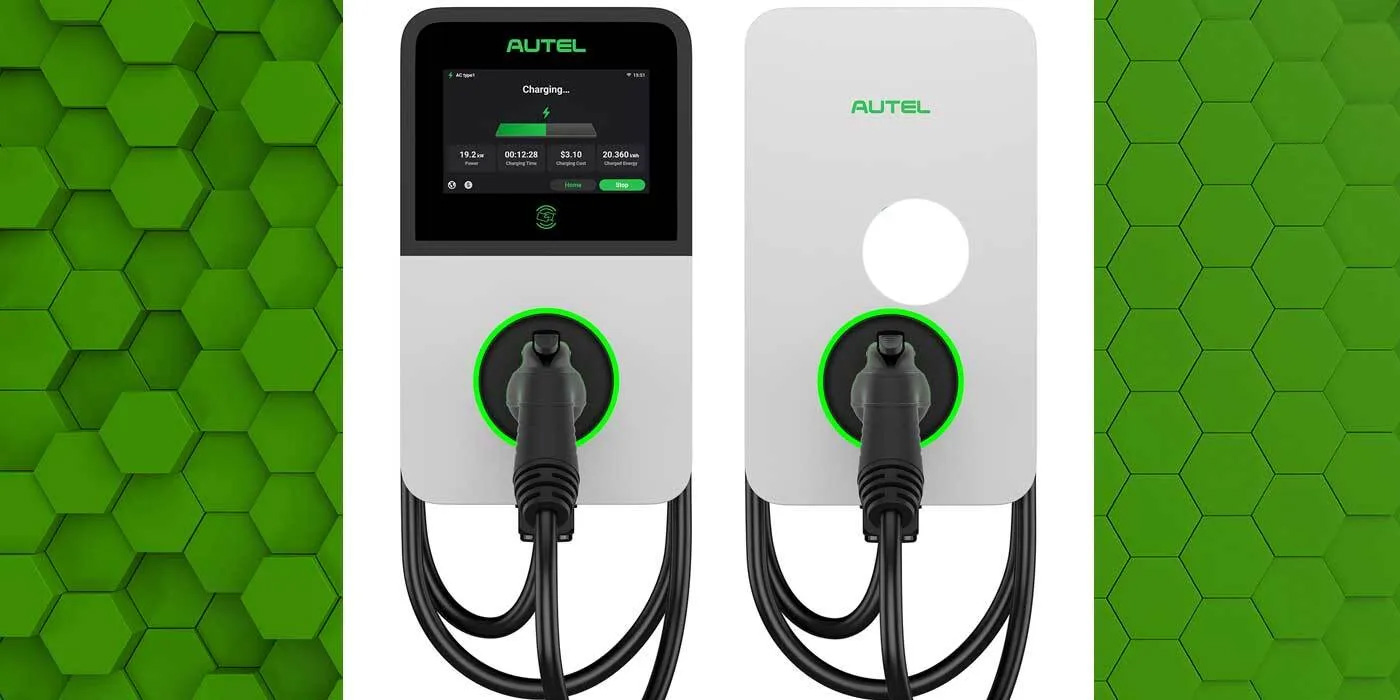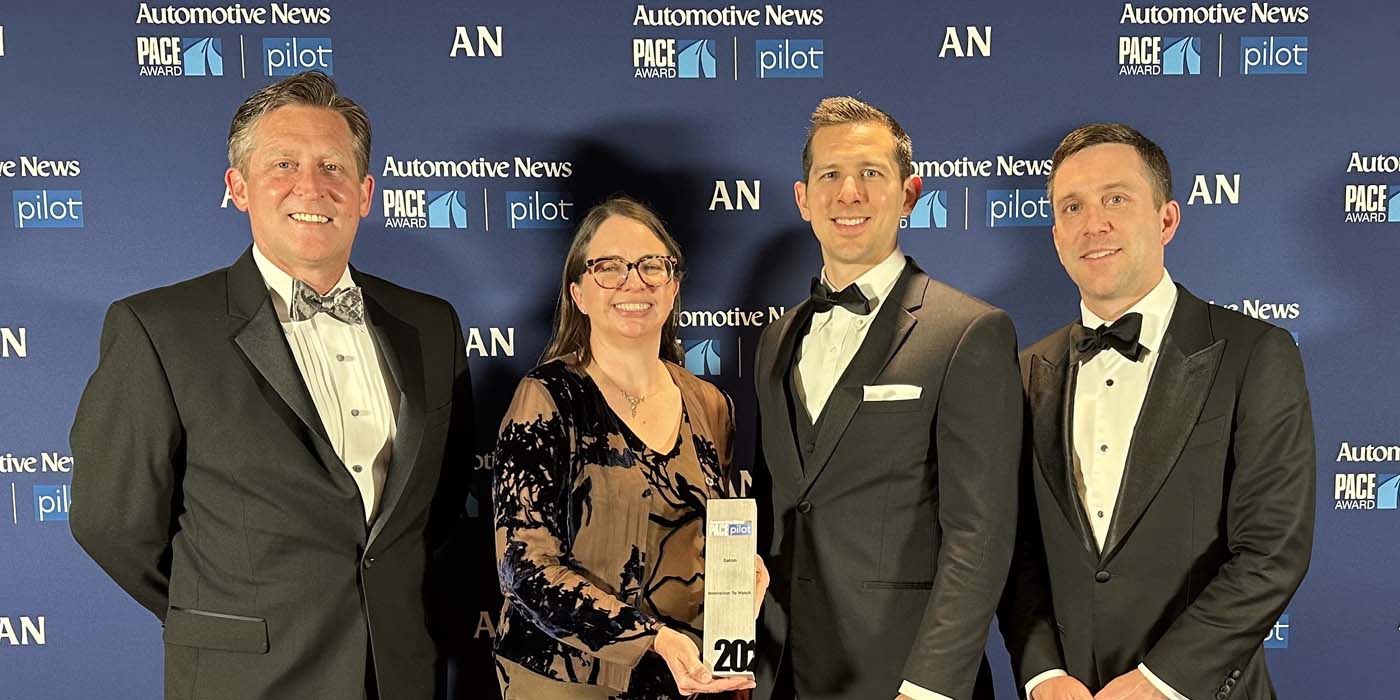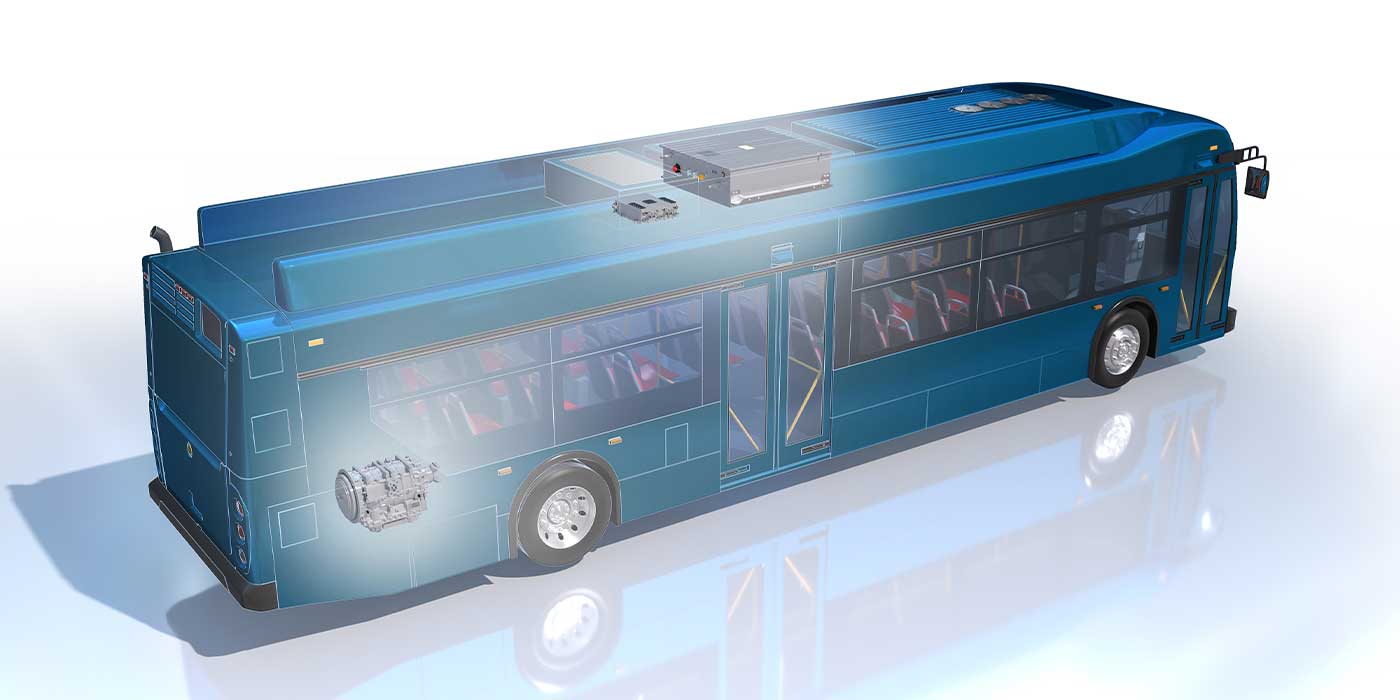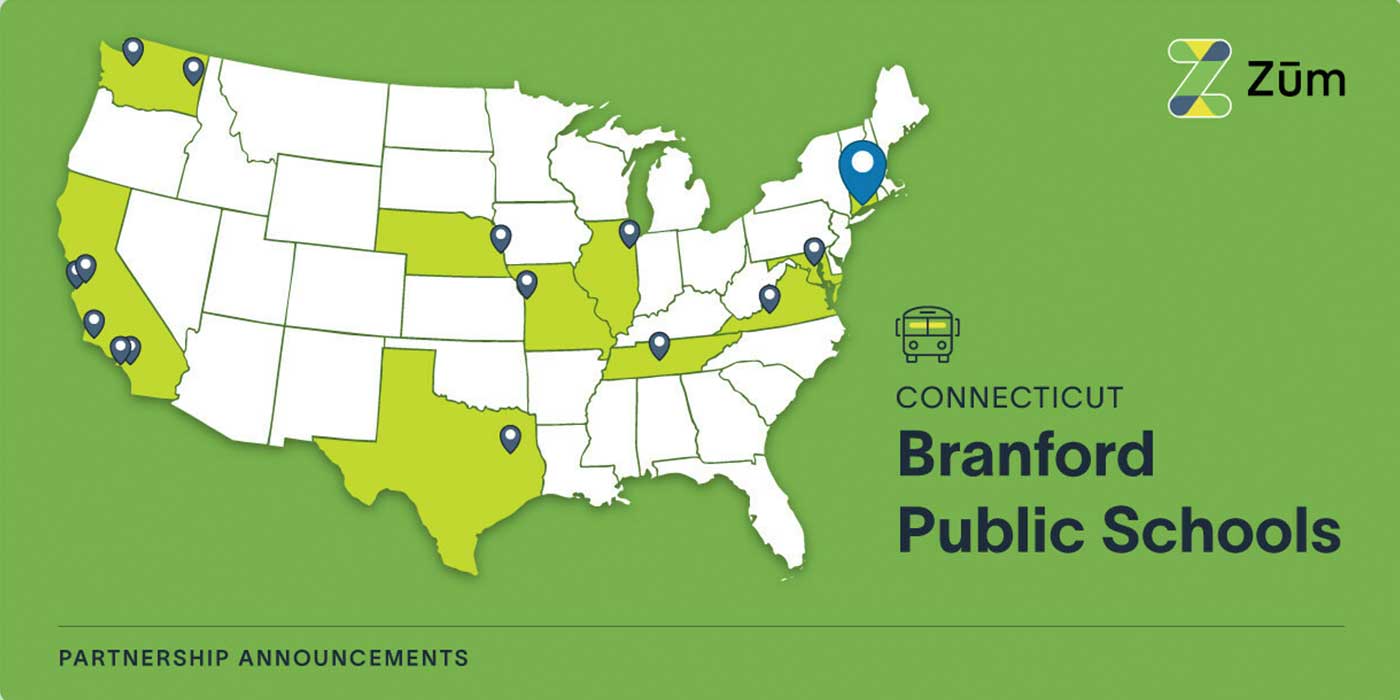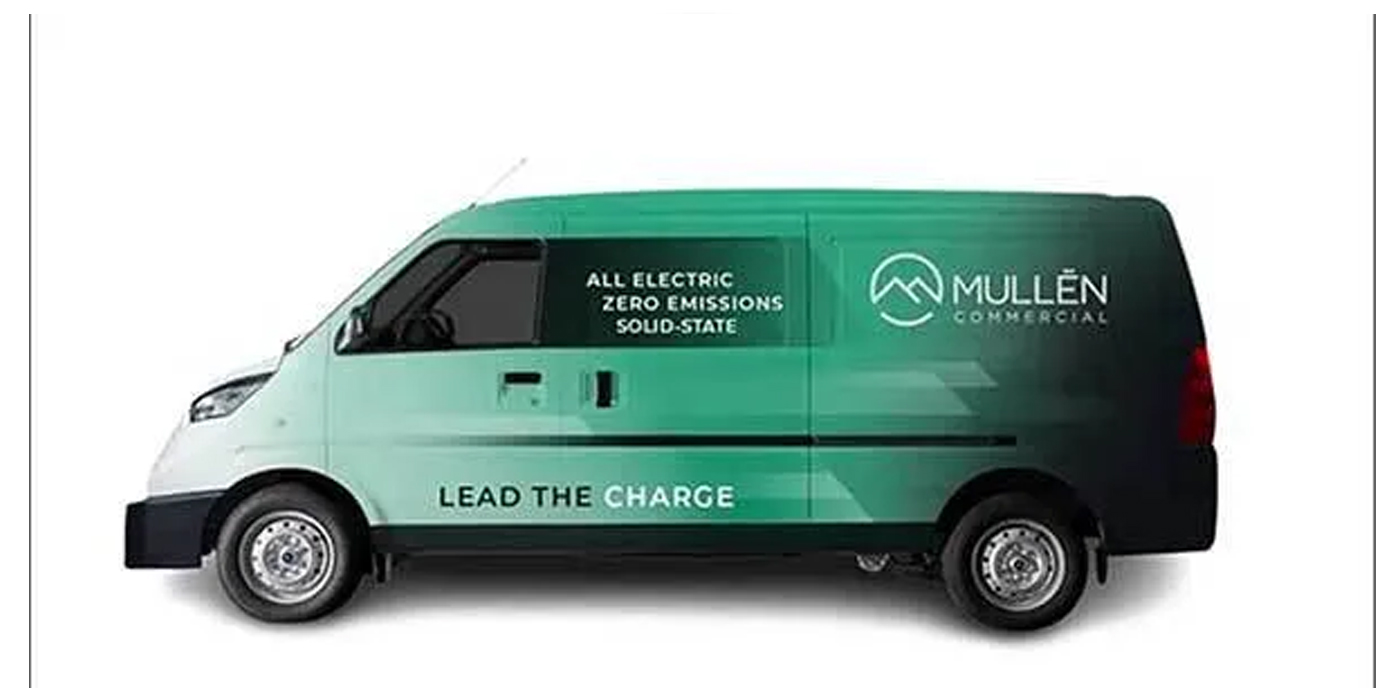While the automotive industry grappled with supply-chain disruptions in 2022, production and sales of battery EVs (BEVs) surged in all major markets globally, according to a recent report from Guidehouse Insights. With this surge and increases in prices for minerals critical to producing batteries, prices increased for both BEVs and plug-in hybrid EVs (PHEVs), collectively referred to as plug-in EVs (PEVs). This trend led the company to explore recycling as a viable solution for end-of-life PEV batteries.
According to Guidehouse, plug-in EV (PEV) sales, which reached 10.4 million in 2022 worldwide, are projected to accelerate to 57 million vehicles by 2030, a global market share of 47% of all vehicles. An increasing number of PEV batteries will eventually reach the end of their useful life and require an alternative solution to being discarded into landfills, which violates environmental goals, policies and regulations, the company said.
“Recycling is environmentally sustainable, and it meets broad government and industry strategic goals of mitigating international supply chain and geo-political risks by decreasing reliance on material extraction and refinement dominated by a handful of countries,” says Adam Winston, research analyst with Guidehouse Insights. “For companies with established sustainability goals, sourcing battery materials globally generates additional emissions by transporting raw and refined materials, so localizing production will be key to meeting sustainability goals.”
Guidehouse Insights expects North American light-duty cars, SUVs, and light trucks) PEV sales to reach 6.6 million units by 2030 (32.6% of all vehicles). The company said PEV battery recycling is viewed as a strategic solution to keep these materials in a closed-loop supply chain in which 95% to 98% of key battery materials are recoverable and can be directed into new battery production. Recycling batteries will become essential for meeting demand, accommodating federally mandated sourcing requirements and reducing reliance on countries that dominate the raw materials and refinement market, the company said. To meet demand, federal mandates and counter concentrated market dominance, the PEV battery must become part of a circular economy with localized recycling playing a key role, according to the report.
The report, “Developing Solutions for Recycling End-of-Life EV Batteries,” presents analyses for future PEV sales, PEV battery production and the potential volume of PEV batteries available for recycling. It includes an overview of potential business models for establishing a PEV battery recycling market and identifies incentives and regulations that could ensure the safe removal, discharge, handling and transportation of end-of-life PEV batteries to recycling facilities. An executive summary of the report is available to download here.

